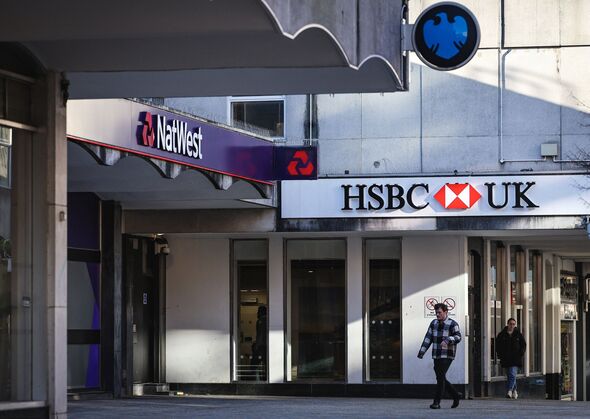
Banks like Natwest, Halifax, Barclays, Nationwide and Santander will be able to keep hold of your money for up to four days after you’ve tried to pay it to someone thanks to new government powers set to be introduced in October.
The Treasury has announced that it is handing new powers to block payments to all banks, stopping people from being able to transfer money for up to four days if the banks suspect that the payment may involve fraud.
The government says the change will help prevent some of the £460M which was lost to fraud in 2023 alone.
Currently, banks have to allow or refuse a payment by the end of the next working day but the new law change will give them the power to hold a payment for up to four days while the transfer is investigated.
Banks which have reasonable grounds to suspect a payment is fraudulent will need to inform customers when a payment is being delayed. They will also need to explain what the customer needs to do in order to unblock the payment. Banks will also be required to compensate customers for any interest or late payment fees they incur as a result of delays.
Which? Director of Policy and Advocacy, Rocio Concha said: “This is a positive step in the fight against fraud. While it should not affect the vast majority of everyday payments, it’s important that banks can delay a bank transfer and take action if they think a customer is being targeted by a scam.
“These measures should be used in a careful and targeted way. Financial firms of all sizes should also ensure they share intelligence and work with the police and other authorities to shut down accounts used for fraud and pursue the criminals behind them.”
UK Finance Managing Director of Economic Crime, Ben Donaldson said: “UK Finance has long called for firms to be allowed to delay payments in high-risk cases where fraud is suspected, and we are delighted to see proposed new laws supporting this.
This could allow payment service providers time to get in touch with customers and give them the advice and support they need to avoid being coerced by the criminals who want to steal their money. This could potentially limit the psychological harms that these awful crimes can cause and stop money getting into the hands of criminals.”
It comes after the government already announced new laws which will require banks to repay victims of fraud up to £85,000 automatically.

















